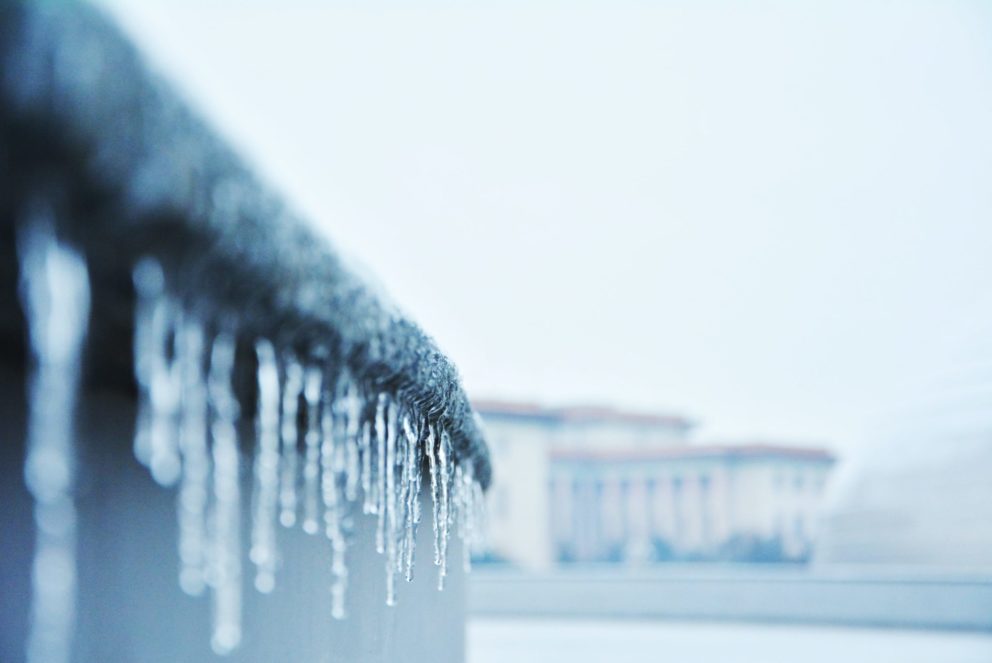One day you are marinating in the Texas humidity, enjoying the sunshine on the back porch, and cranking up the AC in your home. The next day, your fingertips are tinted blue, you can ice skate down your driveway, and you are scouring the attic for warm clothes.

This scenario is what many Texans went through last week when the cold weather shocked much of the state. Electrical systems fried, the internet froze, and sadly, many people suffered and had little help. Moreover, residential homes, both occupied and unoccupied, were significantly damaged. Pipes burst, water heaters exploded, and water cleanliness became (and still is) a significant concern.
At Consolidated Analytics, we work with REO and rental property investors and asset owners to prevent storm and weather damage. Since investment properties and REO properties are often vacant, we advocate for winterization, even in warm-weather areas such as Texas.
If you own a vacant property in any location, here are just a few basic tips to help prevent costly damage:
Time Your Winterization Plan
It is ideal to winterize a property before freezing temperatures start to hit. That said, if the forecast shows a cold front coming, jump on it and start winterizing your assets right away. It may not be too late to save your property from damage and minimize rehab and plumbing expenses.
Water is the Biggy.
Keep in mind that any water sources in your home could freeze. When icy weather hits, water in your plumbing will expand, leak, flood, freeze, unfreeze, and freeze again. When pipes burst, water can flow through the walls, ceiling, floors, causing damage to the structure, creating long-term electrical and plumbing issues, and producing mold.
Even if you think it is too late, take some time to find a contractor, property management company, or local handyperson willing to help winterize your vacant property. Ensure that person runs through these steps at a minimum:
- Open faucets
- Shut off water supply lines
- Flush all toilets and wrap with plastic wrap or tape shut
- Empty the water heater and shut off its gas supply line
- Drain and blow out the outdoor sprinkler system
- Unplug all lamps and appliances
- Turn on the heat (if there is a safe heating source) to prevent pipes from freezing
Avoid Becoming a Pet Owner to Rodents.
Yes, that’s right. In cold winter months or during significant cold weather spells, your vacant property looks like a tropical paradise to rodents. Without proper winterization, rats, mice, and other infestations will move right in and make themselves a cute little home.
According to the National Pest Management Association, Rodents invade 21 million homes each winter. Mice and rats can destroy insulation, spread disease, bring in fleas, and damage electrical wires leading to fires. If you think all is safe, be sure to check again. Those stealthy mice can fit through an opening the size of a dime. To prevent your home from becoming a rodent hot spot, take the following actions:
- Caulk and seal the smallest cracks and holes from the exterior
- Ensure the home is free from all food and debris
- Consider setting traps in garages, attics, basements, and near the foundations
- Check the traps regularly and set new ones
Whether you own a vacant property in cold-weather states or warm ones like Texas, winterization is a vital prevention tool to keep damage to a minimum.
Still unsure if your home is ready for the winter months? Reach out to our Property Management team to learn how Consolidated Analytics can help. REOinfo@ca-usa.com
